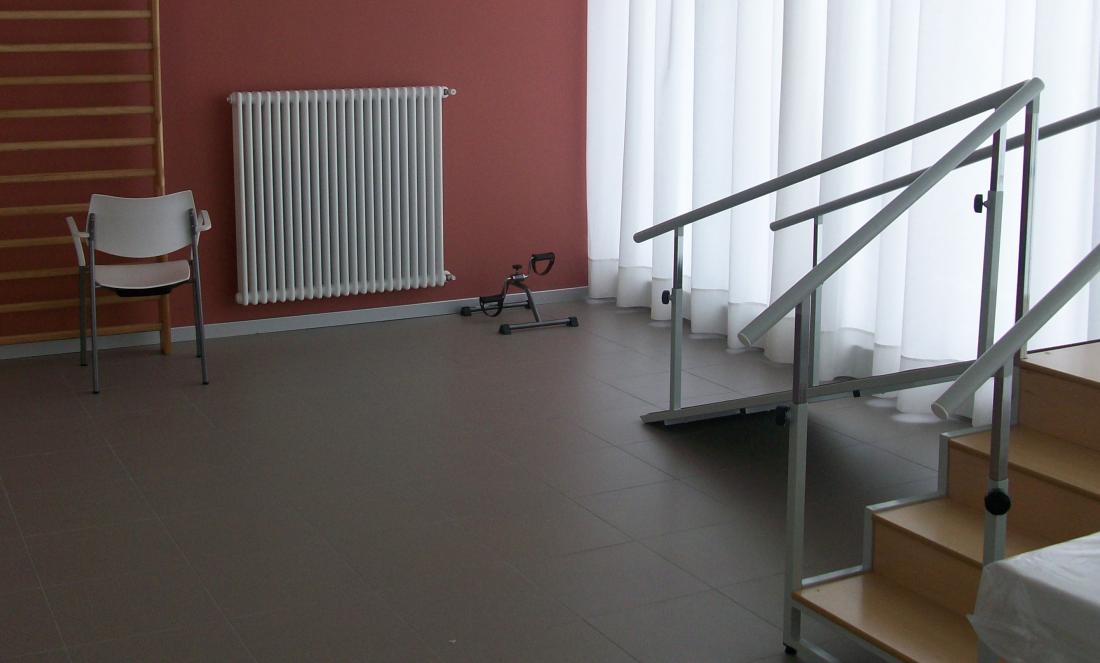
The importance of Physiotherapy in people's well-being
According to the WHO, physiotherapy is "the science of treatment through physical means, therapeutic exercise, massage therapy and electrotherapy. In addition, physiotherapy includes the performance of electrical and manual tests to determine the value of muscle affectation and strength, tests to determine functional capacities, the range of joint movement and measures of vital capacity, as well as diagnostic aids for the control of evolution".
This definition gives rise to mistakes in our society, such as whether the masseur, kiromassage therapist, etc. and physiotherapist are the same professional and that is why we are taking advantage of this entry to clarify the differences that exist in this type of professional.
The main difference is that Physiotherapy or the Physiotherapy Act is a service provided by the Graduate in Physiotherapy, that is, by a person who has obtained his or her degree at the University, guaranteeing the knowledge obtained there. Therefore, the physiotherapist is a health professional with the necessary skills to develop his profession.
In general, this health professional is associated with the application of means and techniques for the prevention, cure or palliation of traumatic illnesses or injuries (fractures, sprains, dislocations, etc.), rheumatic illnesses (arthritis, arthrosis, etc.), neurological illnesses (stroke, Parkinson's disease, muscular dystrophy, amyotrophic lateral sclerosis, etc.), back pathology, respiratory pathology, urogynaecological pathology, etc.
This thought is due to the fact that, in our environment, the physiotherapist is known above all, and is integrated into the health care environment. Less well known, but no less important, are the benefits that physiotherapy can offer in the social field. The whole, socio-health, allows the physiotherapist to bring important benefits in the new model of care, such as
- Home rehabilitation, with the aim of improving the person's functionality within their home and surrounding environment. The possibility of carrying out the treatment in the place where the person lives leads to a better understanding of those obstacles and problems with which they present themselves, being able to act and work on minimising them and thus avoiding or delaying their institutionalisation.
- Physiotherapy in centres, with the aim of improving Quality of Life and functional improvement. As a professional who knows the guidelines to follow in order to reach specific objectives, they can determine Individual Plans to achieve functional objectives in these people.
- Physiotherapy as prevention of falls and prevention of Sarcopenia, through the application of specific exercises for each specific case.
- Physiotherapy in Active Ageing, proposing, adapting and teaching healthy exercises for each individual person.
- Training: these are professionals with the knowledge to be able to educate and train other health professionals and carers with programmes of mobilisation and transfer of patients, postural hygiene, etc.
- Chronic: they have the capacity and knowledge to be able to follow up activity programmes for the maintenance of the function and adapting the programme in a personalised way in phases of exacerbation.
- Early age: intervention programmes at early ages with functional problems with the aim of improving and adapting their functional capacity and avoiding obstacles that may hinder the functionality of these people in the future.
It is clear that the framework of action of the physiotherapist is very broad and little known and has a considerable impact on the well-being of people. In these actions the physiotherapist uses different physical agents (electricity, cold, heat, water,...) to perform them, however the most important tools of a physiotherapist are HIS HANDS (with which they perform different types of manual therapy, including massage therapy) and HIS KNOWLEDGE.

Add new comment